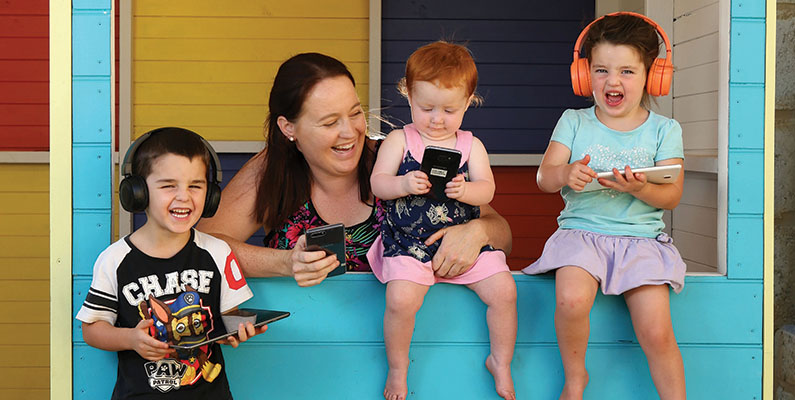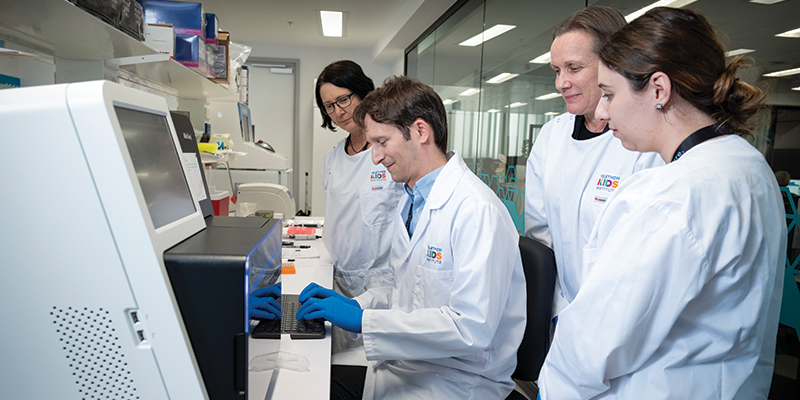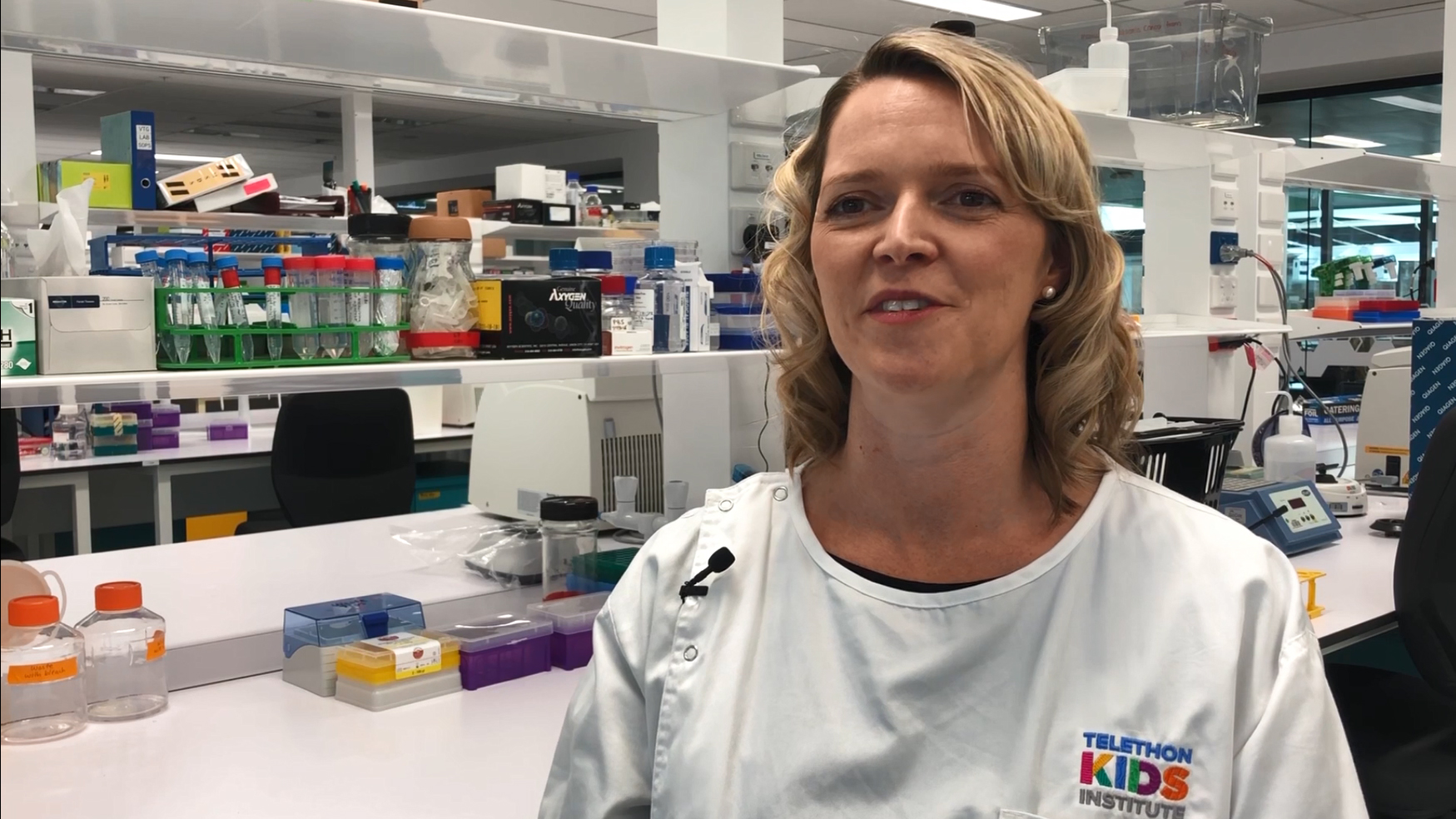Search

News & Events
Improving development and learning of children in Western AustraliaDiscover the EYI Research Profile at The Kids' Institute, showcasing innovative child health research and its impact on young lives.

News & Events
The Kids Research Institute Australia welcomes “top-up” funding for Medical Research Future FundPerth’s The Kids Research Institute Australia has welcomed a major funding boost for the Medical Research Future Fund (MRFF).

News & Events
The Kids cancer researcher named a Superstar of STEMThe Kids Research Institute Australia brain cancer researcher, Dr Jessica Buck will today join the ranks of a select group of brilliant female scientists.

News & Events
Guidelines struggle to keep pace with technologyAn ORIGINS study aims to find out more about family screen habits to help provide clearer, more realistic advice.

News & Events
Personalised analytics propel rare disease diagnosesThe Kids Research Institute Australia researchers are at the forefront of rapid improvements in the diagnosis of rare diseases.

News & Events
Helping kids get the most out of schoolProfessor Zubrick and Dr Kirsten Hancock are among several Telethon Kids researchers working through the Life Course Centre.

News & Events
Child removal data fuels case for changeTelethon Kids Institute research revealed Aboriginal children are 10 times more likely than non-Aboriginal children to be placed in out-of- home care.

News & Events
WA-first technique fast tracks urgent vaccine policyAnalysing samples is a vital part of research, providing the answers needed to move forward with innovative new treatments and life- saving vaccines.

News & Events
Thrown in the deep end, Jessica goes it aloneJessica’s young life has been touched by domestic violence, sexual assault, addiction and hospital psychiatric admissions.

News & Events
Landmark folate research recognised as major public health achievementThe Public Health Association of Australia has rated mandatory folate fortification – which led to a dramatic decline in neural tube defects – as one of the top 10 public health achievements of the past two decades.
